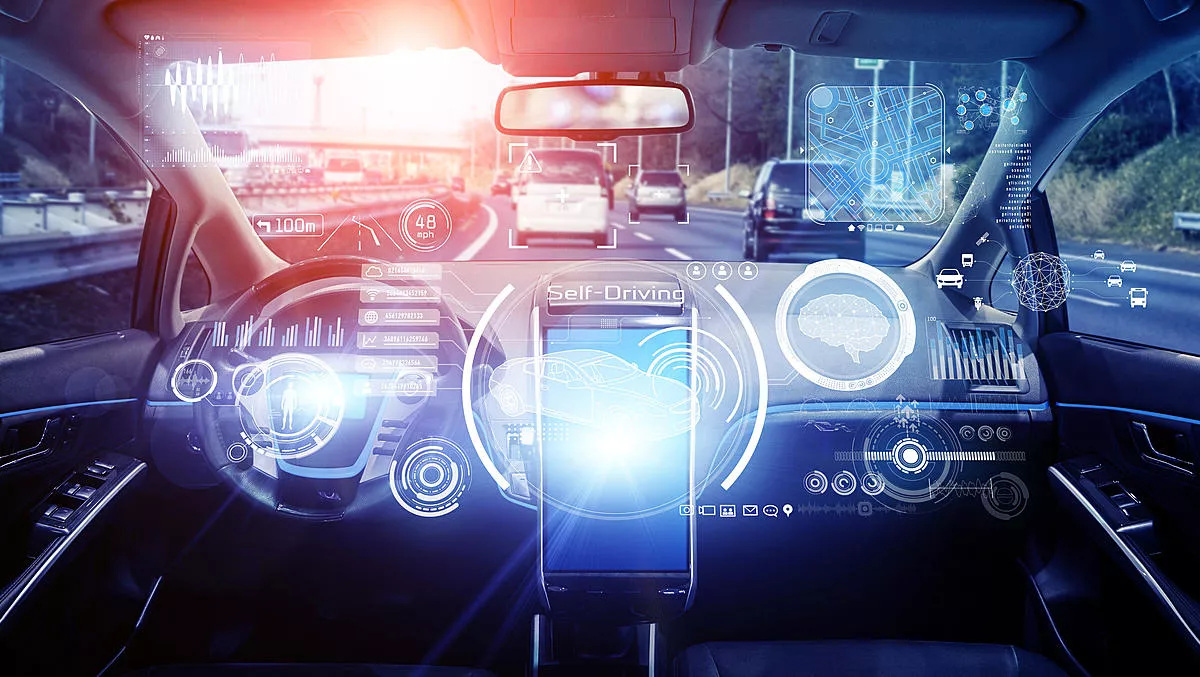
Latest Ford and Volkswagen smart cars pose 'serious' privacy and security risk
Two of the world's best-selling automobile brands have come under fire after a recent investigation found that smart car models from both companies have 'serious security flaws' which allow them to be hacked.
Which?, a UK-based consumer goods testing company, says its testing of both the Ford Focus Titanium Automatic 1.0L petrol and the Volkswagen Polo SEL TSI Manual 1.0L petrol indicated the new technology offered in the cars renders users vulnerable to security and privacy breaches.
The two cars are the latest models from each company and are among the best sellers on the global market.
Which?, in collaboration with testing partner Context Information Security, was able to hack the car's infotainment unit.
By doing so, they were then able to disable the car's traction control, potentially compromising the safety of the vehicle.
Hacking the infotainment centre also provided the team with a plethora of personal information, such as phone contacts and location history.
Researchers also found, upon lifting the VW badge at the front of the car, access was given to the vehicles radar module – potentially allowing a prospective hacker to commandeer the collision-warning system.
Testing also included examination of VW's accompanying app, We Connect.
Researchers found the app requested many permissions, like access to 'confidential information', which includes information in users' personal calendars and the contents of USB storage should it be plugged into the car's system.
The app's privacy policy states that it collects user data as they use it, but that they only share that data with third parties when it's 'necessary for the purpose of performing a contractual obligation'.
In perhaps the most damning lapse in privacy protection, Which? found that when it bought a second-hand infotainment unit for the car on eBay, researchers were able to find swathes of information on the previous owner, including their home's location, phone contacts and home WiFi details and password.
Upon receiving the report from Which?, the testing company says that Volkswagen has 'engaged positively' with Which?.
In its response, Volkswagen said that the infotainment system is in a "separate domain of the vehicle and it is not possible to influence other critical control units unnoticed".
Which? says, however, that VW has agreed to analyse Which?'s findings with its infotainment system supplier.
VW also said in its response that it only processes customer data based on 'customer consent'.
It said that all the app permissions Which? flagged are justified by functions of the app.
Which? says researchers, using a cheap laptop and a £25 gadget bought from Amazon, were able to tamper with the car's tyre pressure monitoring system.
This means potential attackers could trick the system into telling drivers that their tyre is fully-inflated when in fact the opposite is true.
In a particularly 'stunning' development, researchers were able to find WiFi details, including passwords, which appeared to belong to computer systems on Ford's production line.
The team confirmed that the sensitive information was in fact from the company's assembly plant in Detroit, Michigan.
When researchers analysed the Ford Pass app, they found that the vehicle's location and travel direction are permitted to be shared at any time, as well as data from the car's sensors, including warning lights, fluid levels and fuel consumption.
The app even tracks the user's 'driving characteristics', including speed, acceleration, braking and steering.
The app's privacy policy states that it can share all of this information with its authorised dealers and affiliates.
In contrast to Volkswagen, Ford declined to receive Which?'s report.
In a separate statement, Ford said "Customer data is used for valued connected services, such as live traffic, in accordance with published policy.
"In Europe, connected vehicle data may only be shared with authorised dealers where we have communicated this clearly to our customers and have an appropriate legal basis in place, such as customer consent.
"Where we rely on customer consent, the customer has the right to withdraw that consent at any time.
Which? says the confirmation of such flaws in smart cars affirms fears that a lack of any meaningful regulation in the automotive industry has led manufacturers to become careless with security.
"Most cars now contain powerful computer systems, yet a glaring lack of regulation of these systems means they could be left wide open to attack by hackers – putting drivers' safety and personal data at risk," says Which? Magazine editor Lisa Barber.
"The government should be working to ensure that appropriate security is built into the design of cars and put an end to a deeply flawed system of manufacturers marking their own homework on tech security.


